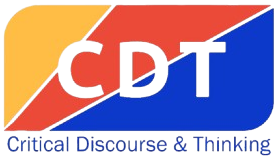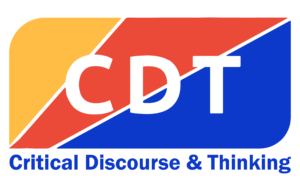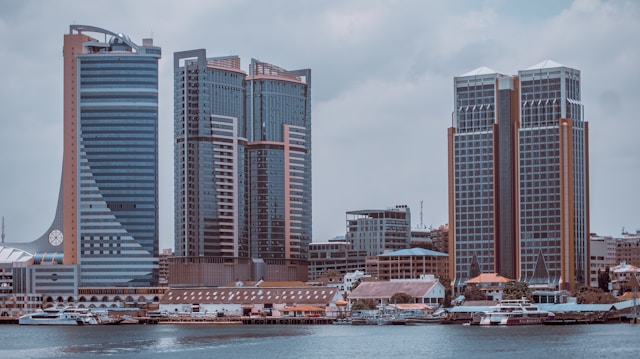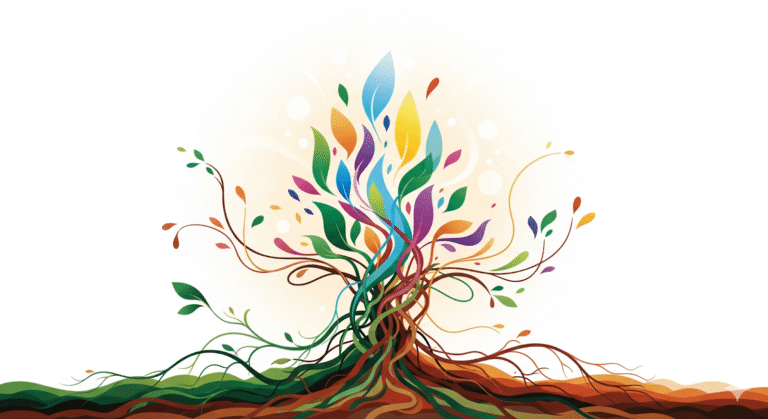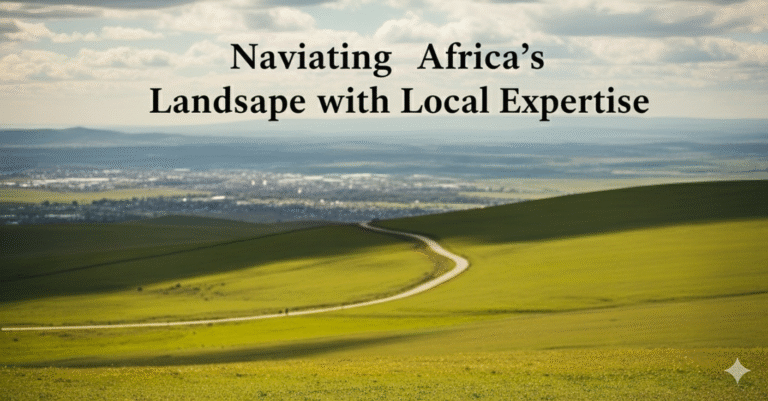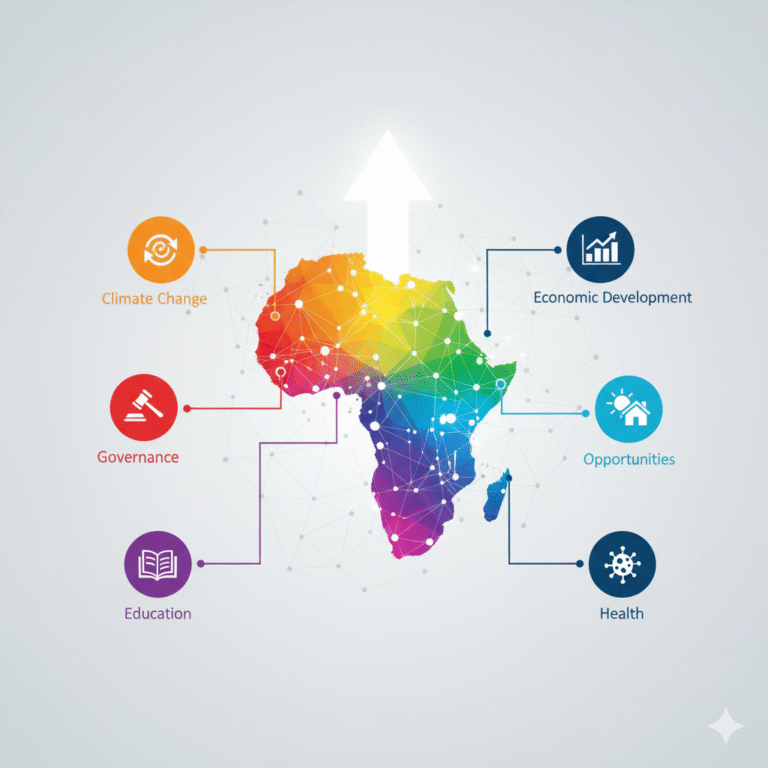“It is not our diversity which divides us… there can only be one division amongst us: between those who cherish democracy and those who do not.” — Nelson Mandela
At its core, cherishing democracy is about cherishing dialogue. When we picture Africa’s development, we rightly envision new highways, bridges, and power plants. But the ultimate infrastructure, the foundation upon which the success of all else is built, is strategic and inclusive dialogue. How a nation interrogates its challenges, imagines its solutions, and debates its future is a form of infrastructure as essential as any physical network. Dialogue as infrastructure is the operating system for a thriving, democratic, and developed society.
For too long, the narrative of African development has been dominated by a focus on tangible, physical assets. While critical, this singular emphasis overlooks a more fundamental enabler of progress: the capacity for robust, inclusive, and sustained societal conversation. Just as a nation requires reliable energy grids and transportation networks to facilitate economic activity, it equally requires a resilient “dialogue grid” to connect diverse perspectives, transmit ideas, and generate consensus for collective action. Without this underlying operating system, even the most impressive physical infrastructure projects risk becoming isolated achievements, failing to translate into broad-based, sustainable development.
Absence of dialogue mechanisms can lead to significant economic inefficiencies and setbacks. For instance, projects conceived without genuine community input often face resistance, delays, and even failure. The World Bank’s Independent Evaluation Group has highlighted how insufficient stakeholder engagement can undermine project effectiveness. In one study of 1,000 World Bank projects, those with strong stakeholder participation were found to be significantly more likely to achieve their development objectives. Conversely, projects with poor consultation often resulted in cost overruns, reduced impact, and even abandonment. The costs of such failures are beyond financial; they erode trust, deepen social divisions, and squander good-intentioned and well-needed development opportunities.
Moreover, dialogue infrastructure is crucial for navigating complex societal challenges that transcend mere technical solutions. Issues like climate change adaptation, inter-ethnic harmony, gender equality, and youth unemployment demand human-design multifaceted approaches that can only emerge from open, honest, and sustained deliberation among all relevant stakeholders. For example, in Rwanda, post-genocide reconstruction heavily relied on the Gacaca courts, a community-based justice system rooted in traditional dialogue, to address reconciliation and justice at a grassroots level. While not without its complexities, this process facilitated a degree of social cohesion that would have been unattainable through purely formal legal structures. Similarly, in many African nations, traditional dispute resolution mechanisms, integrated with modern governance structures, have proven effective in preventing localized conflicts from escalating.
Expanding this dialogue infrastructure requires continuous intentional investment and strategic cultivation. It includes a range of formal and informal spaces and processes:
Robust Public Institutions: Parliaments, local councils, and independent media outlets must be able to facilitate open debate, hold power accountable, and amplify diverse voices. This includes ensuring equitable representation and access for minority groups. For example, while Women constitute roughly half of Africa’s population, with the United Nations reporting a precise figure of 49.7% in 2023, their representation in national parliaments across sub-Saharan Africa averaged around 26.8% in 2023, according to UN Women data. Increasing this representation, alongside that of youth and ethnic minorities, is vital for truly inclusive dialogue.
Active Civil Society: Independent civil society organizations, community groups, and professional associations play a vital role in organizing public discourse, advocating for specific interests, and providing platforms for citizen engagement. Their ability to mobilize, inform, and represent diverse segments of society is indispensable.
Accessible Information and Digital Literacy: In the digital age, access to reliable information and the ability to critically engage with it are foundational to informed dialogue. Bridging the digital divide, where only about 40% of the population in sub-Saharan Africa had access to the internet in 2023, is therefore not just an economic imperative but a democratic one. Promoting media literacy and combating misinformation are equally crucial.
Education for Deliberation: Educational systems must foster critical thinking, empathy, and the skills necessary for constructive disagreement. Equipping youth with essential communication skills: listening with empathy and articulating viewpoints in civil, cordial dialogue when engaging with differing perspectives is an investment in future dialogue infrastructure.
Incentivizing Inclusivity: Integrating dialogue and stakeholder engagement as core components of every project’s ideation, design, implementation, and evaluation is particularly relevant. This means moving beyond mere consultation to genuine co-creation and shared ownership of projects by the communities and the public/private sector. Providing technical assistance and financial support for initiatives that strengthen dialogue mechanisms should be a priority.
No doubt, the benefits of investing in dialogue infrastructure are far-reaching. It fosters social cohesion, strengthens democratic governance, enhances policy legitimacy, and ultimately leads to more sustainable and equitable development outcomes that resonate with the grassroots. When citizens feel heard and are genuinely involved in shaping their nation’s future, they are more likely to support reforms, embrace shared goals, and contribute to collective prosperity.
Africa’s future development path must be built on more than just concrete and steel. It must be built on the vibrant, resilient, and inclusive operating system of strategic dialogue. At CDT, we recognize that the most impactful development projects are often those that allow people to speak, listen, and together, forge their own path forward.
